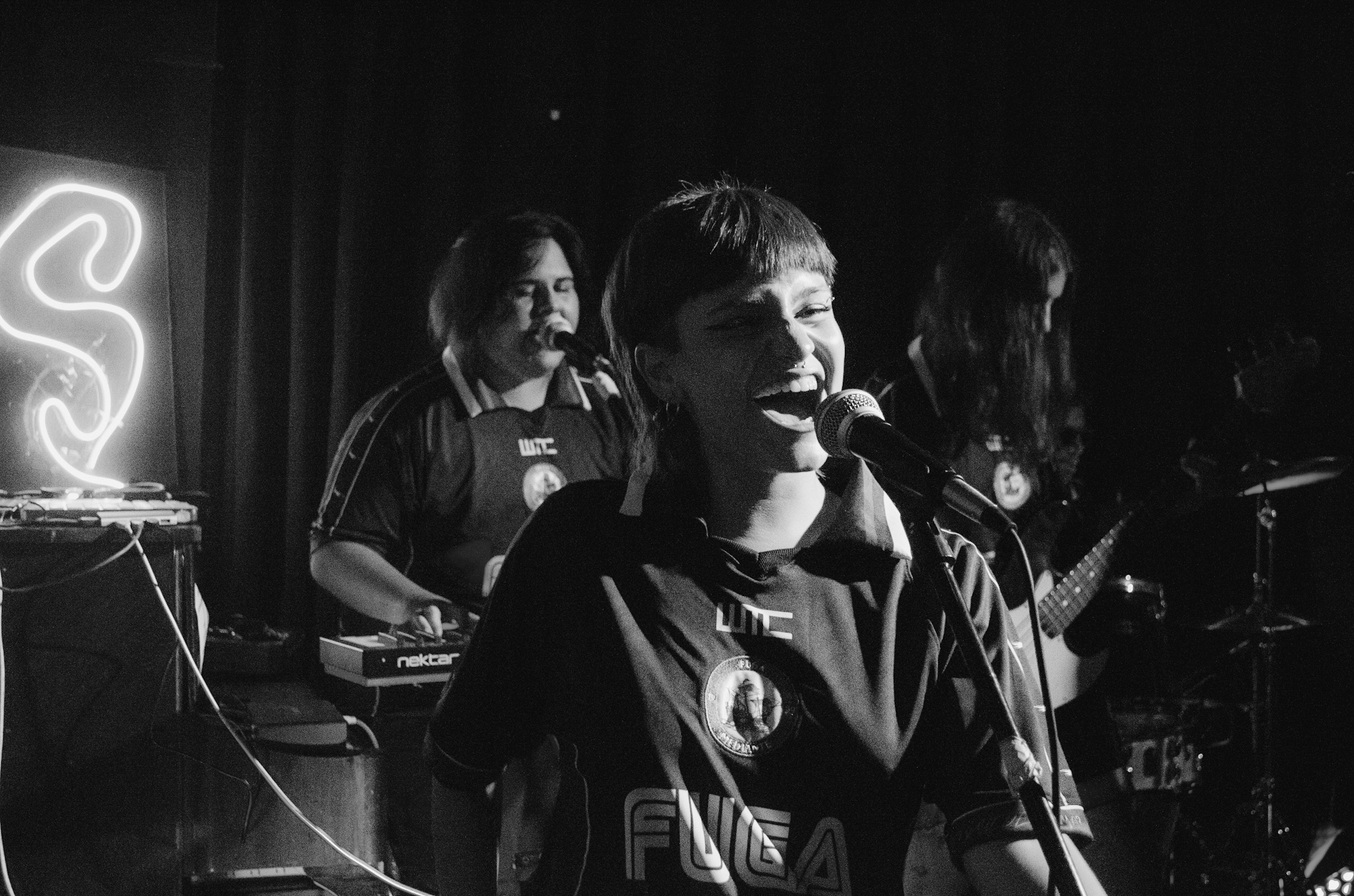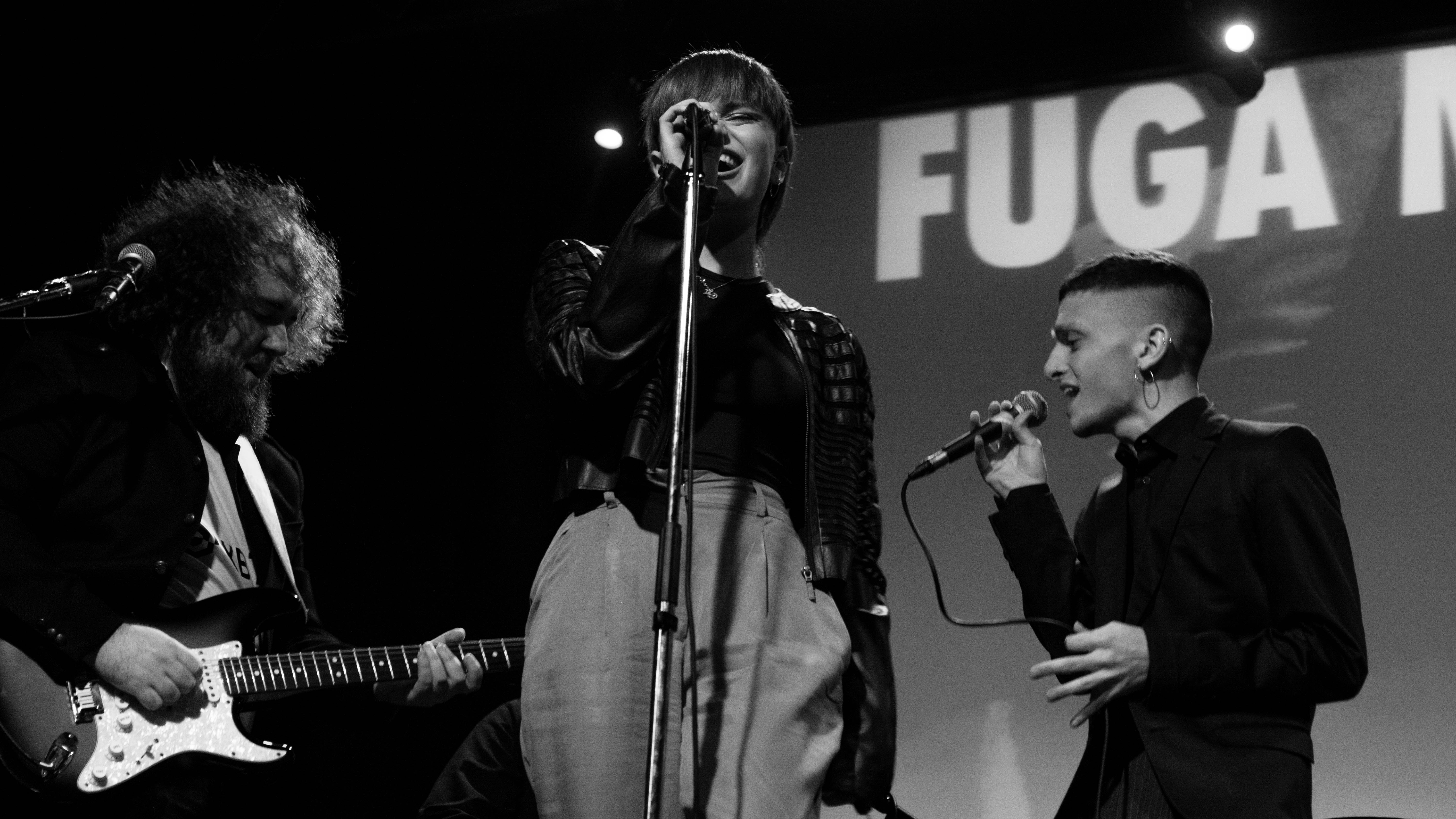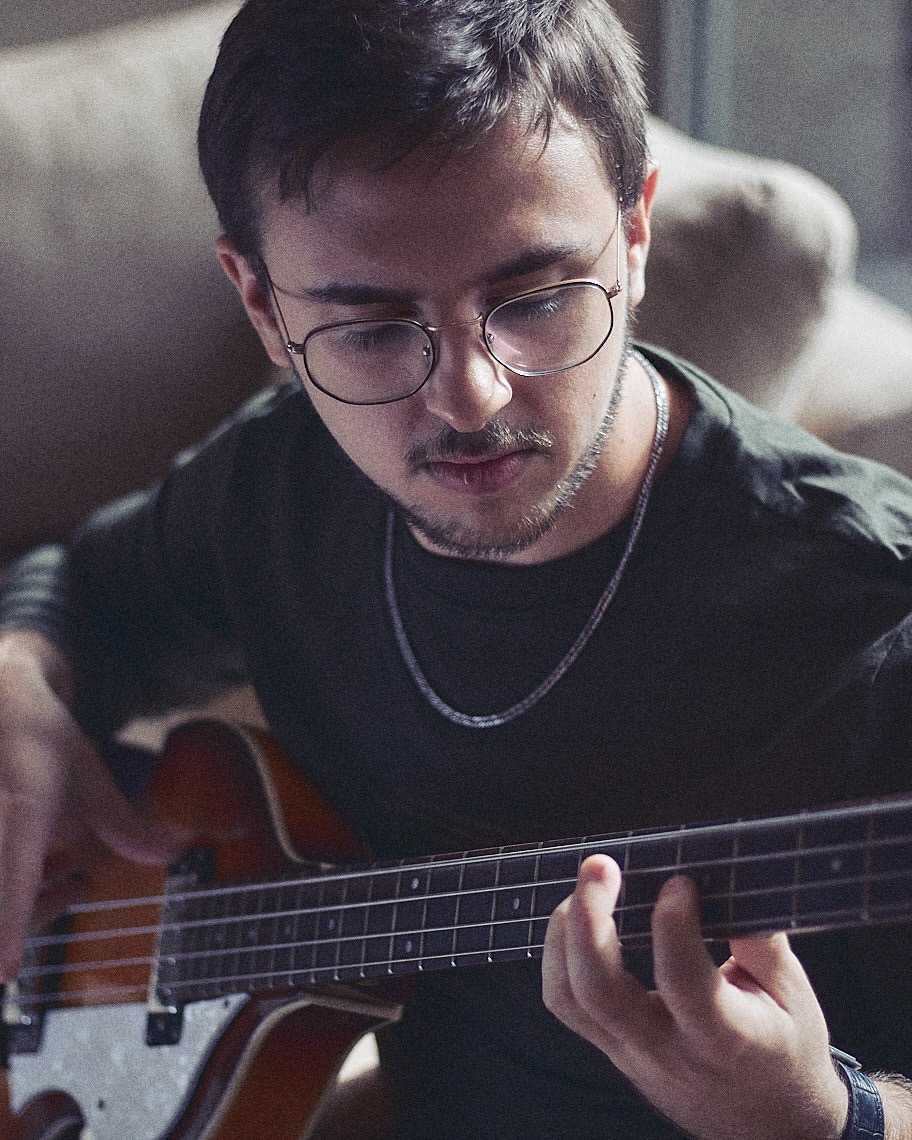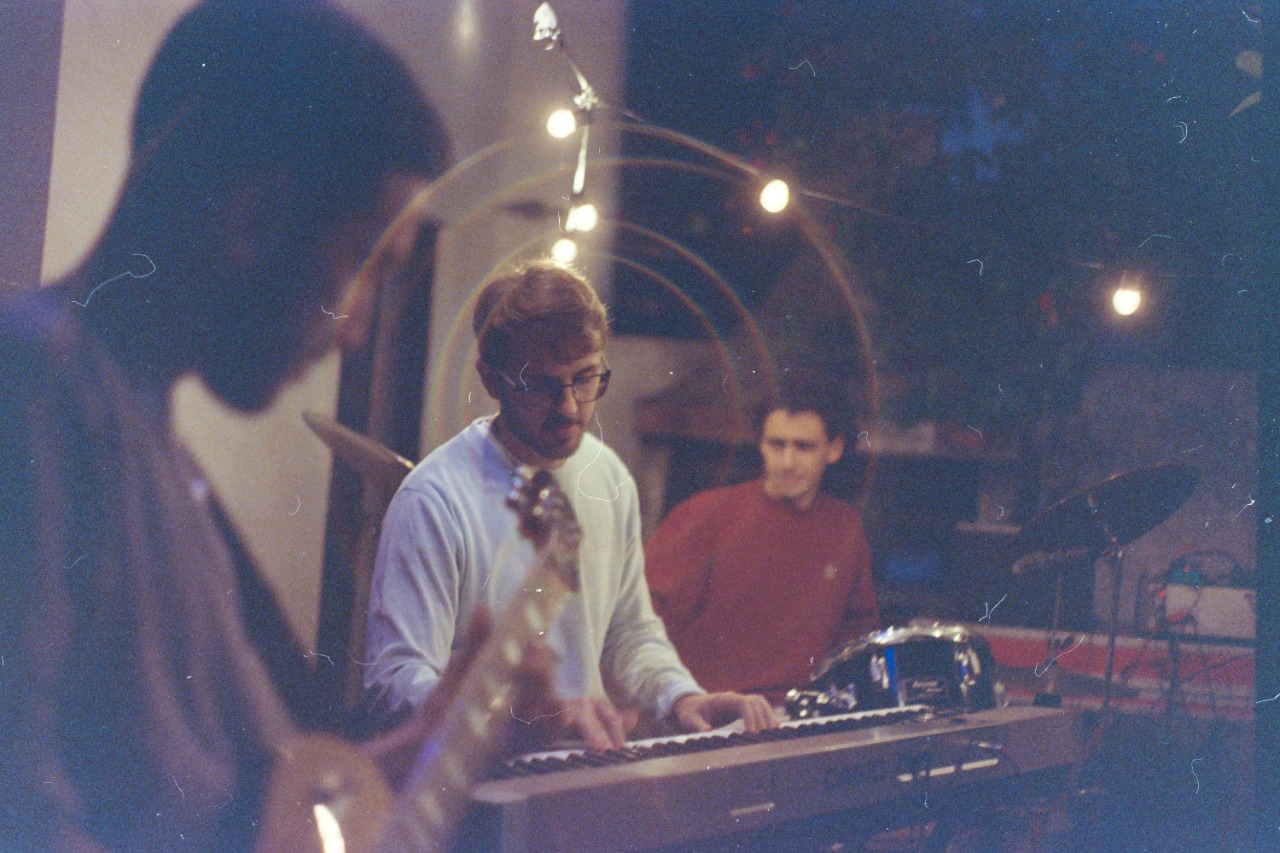The Underground Arts Scene In Buenos Aires
A 2024 Guide To The City

“What does your city mean to you?” I ask Mery, sitting across from me over Zoom and half a world away. We’ve already been talking for close to an hour, and she’s gratiously agreed to meet with me this evening despite its being after midnight her time.
“Buenos Aires is a city full of life,” she finally answers, after pausing, “Even if it doesn't always look like it from outside. You need to give yourself into the city, give it time.”
It’s a subtle answer for a subtler place––one that in many ways holds its distance despite outwards showings of loud architecture and color. That this mystique doesn’t diminish its beauty, but only deepens it, Mery is quick to clarify.
Hard Times In The City
And yet, in 2024 this beauty is increasingly under threat. In 2023, Argentines elected President
Javier Milei, a mop-headed nationalist, who drew immediate comparison to the other enfant terrible in the Western Hemisphere. It’s a resemblance that doesn’t take much coaxing, and Milei, almost in a nod to the comparison, makes similarly bold claims: To start, he promised on day one of his term to send an economic shock package through Argentina’s congress with the aim of fixing the country’s decade-long inflation crisis once and for all. At the time of writing, inflation was currently up in Argentina and hovering around 254%––a reality Milei glosses-over under the truism, “Things must get worse before they can get better.” Unlike his country, he is not one for subtly and uses such delicate rhetoric as “the explosion” to describe the economic processes currently unfolding.
Protesters in the Streets of Buenos Aires
The Feeling On The Ground
Mery, sitting now in her mother’s apartment in Venice, Italy this evening might be mistaken for an asylum seeker.
She assures me she’s not. “I’ll be okay, really, I’ll get by. But other people won’t.”
We discuss those with lower incomes, those who used to enjoy the national tradition of an asado (traditional Argentine barbecue) every weekend with friends and family and now must subsist on rice alone. Where will their next meal come from, ask the news outlets that come for interviews. The answer is unknown, and while they wait, Milei continues to slash social protections under the guise of “cost cutting.” I ask Mery now if she’s hopeful for her country, as I’ve asked other Argentinians. Again, there’s a pause:
“I really hope I’m wrong about this guy, is the truth––that on the other side of this things will be better. But yeah, it’s looking scary.”
What kind of a future can someone in their 20’s expect when their currency is sliding past the exchange rate of 800 pesos to 1 US dollar? How can someone build a life when they’re unsure if they’ll have the means to support a family in a year’s time? It’s a country in paralysis, and a generation in limbo. Not unlike our own in the US, although here our threat is only looming as opposed to one that has already washed ashore.
And yet despite the times and against the odds, Buenos Aires is a place that survives in its ability to push out new forms and new sounds.

Art Is Evergreen
I ask Mery––who sings back-up vocals in a
band and is training to become an audio engineer––what the sounds are right now in her city? Her eyes widen,“Oh, everything, but well, right now it’s mostly trap.”
It's an answer I don’t expect as she goes on to describe a nascent Argentinian rap scene, one that quite frankly no one expected when it came-up 5 years ago. The youths at its center started with freestyle rap battles and have since gone on to be the dominant voices in the Argentinian musical landscape, artists like Dillom who raps over beats that sound TikTok-ready and whose Spotify profile showcases bling, cake, and men armed with shotguns.
And yet while this sound dominates, her personal taste is more closely aligned with the Argentinine indie scene. Much like the country as a whole, which takes time and patience to understand, there is a deep underground scene here that begins to unfold the longer you look for it.
The Indie Scene
People make all
sorts of music in Buenos Aires, from jazz, to rock, to more esoteric
things still. Ticketed house
shows are thrown in peoples’ apartments in barrios across the city, where every person leaning against the wall with their cool haircut belongs to a different collective, and each with their own unique lore. That people are surviving financially amidst this diversity of sound gives Mery hope.
“I can really make an income out of this,” she realized at one point in her recording studies, looking around at the panoply of other artists doing so.
At some of these house shows she performs with her band (Fuga Mediante), or with her sometimes musical collaborator, Juan Cruz Bottasso, also known by his stage name JuanBo. I had the pleasure of speaking with Juan as well, and on the night we connect he’s just arriving into Liverpool. He must be tired. He sweeps his hair back from his forehead, and then looking slightly above camera, purses his lips as he considers each of his words carefully. English isn’t his first language, and yet he speaks it beautifully, with the poised charm of someone who wants to get their meaning across, and correctly, the first time.

Photo by @joaco.marra.ph
He’s a music teacher by day, and I ask him if he feels his country has a positive future. He says he’s hopeful, yes, and that there’s no other way to think about it. In his own way he’s able to compartmentalize the situation:
“Being a musician is still good, but finding a job, paying your rent, dealing with inflation, these aspects of life are all difficult.”
How these overwhelming circumstances don’t overpower the relatively fragile means to make art is inspiring, and maybe proof that art is indeed not so fragile.
Outwards, Looking In
I ask Juan about the city’s larger cultural scene, and whether people come to BA seeking it out. His eye’s light up as he describes cafes and theaters across the city where one can find voices from all over South America. And within Buenos Aires, he adds, there are represented the many voices of Argentina. Even under Milei, the capital still beckons those seeking a better life, be that in the arts or otherwise.
Photo by @joaco.marra.ph
Like Mery, he’s currently a music student and studying at the Escuela De Musicá Contemporánea where he makes use of the recording gear & studio spaces. (”They used to have a partnership with Berklee! But not anymore,” he tells me with joy). It’s a program that attracts students from all over the country.
As I watch this young artist well on his way, I understand that as Argentina enters its next period of growth, and perhaps of heartache, the soundtrack throughout will be well-sung.
Nowhere Else Like It
I sign off my call, and reflect on what both artists have told me. As Mery said––the people of Argentina are like their city, there is some distance you must cross before you arrive in their warm hospitality, just as the world has to cross oceans to arrive in Buenos Aires. This reserved nature shrouds an inner strength that has allowed these people to survive hardship, not only today, but under Argentina’s brutal dictatorship of the 70’s & 80’s as well. That in the face of such struggles, these people can find the emotional fortitude to turn melodies into songs, words into stories, and colors into canvases, is admirable.But perhaps the task of keeping up a brave face is easier when you’re surrounded by paradise. I ask both musicians what city they would live in if they had to live anywhere besides than Buenos Aires. Both take a minute to consider the question, before answering the same,
“I’d live in Buenos Aires, no matter what. There’s something special here.”
Mery & Juan can be found on instagram @m.y.mery & @_juanbo_. Their Spotify’s are JuanBo & Fuga Mediante respectively.
D.C. February 17th, 2024 – Go Home ︎︎︎